Hiring Manager Interview
The focus of the interview with the hiring manager will be a discussion about your skills, experiences, and functional aspects relevant to the position.
Our interview process is a two-way street. It is not just about us evaluating you as a candidate, but also you assessing whether our company and the opportunity align with your career goals and aspirations.
Our values, integrity, courage, teamwork and commitment, are evident in our work every day.
Our goal is to make everyone feel like they belong at Hilti, where everyone can contribute their best.
A diverse community in a region where Liechtenstein, Austria, and Switzerland intersect.
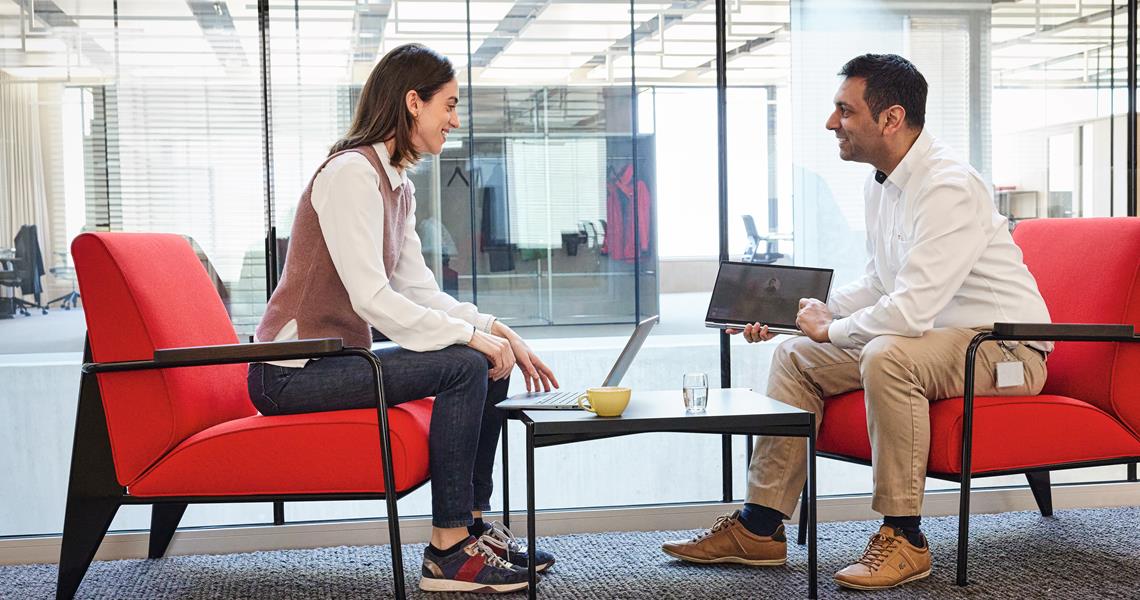
We ensure that every application is personally reviewed by a human. Our people-first approach remains at the core of everything we do.
You can expect full transparency regarding your application status throughout the recruitment process. If you are invited to interviews, we are committed to providing you with feedback — regardless of the outcome.
Interviews will be a mixture of questions and discussions about your experience and background.
“Why Hilti?” is a common question. We want to understand what inspired you to explore an opportunity with us, so we can get a better sense of who you are.
Depending on the role, you'll meet multiple stakeholders. All interviewers will assess your potential for growth beyond the position you’re interviewing for. They'll evaluate how well your background and skills meet core competencies, along with how they relate to our Hilti culture.
Be prepared to explain what interests you about the role and the team you’ll be meeting with.
Please note that, due to the high volume of applications, we are unfortunately unable to provide personalized feedback to candidates who have not been invited to an interview.

What do you do well and enjoy? During our selection process we want to explore your strengths and how they can be leveraged in different roles where your interests lie.
Explore your potential. Which of your qualities would you like to develop further? What new skills would you like to learn? This will help you and us to build a baseline for ongoing development conversations throughout the year.
What values are important to you? We are interested to know what you stand for and if your actions align with our values.
In this section, we provide an overview of what you can expect during our recruitment process:

The focus of the interview with the hiring manager will be a discussion about your skills, experiences, and functional aspects relevant to the position.

In the HR interview, we'll discuss your work experience, skills, and how the role and our company align with your career goals and aspirations.

As you progress through the recruiting process, you might be invited for an onsite interview at one of our offices. You will have the opportunity to meet with key stakeholders who closely collaborate with the role you are applying for.
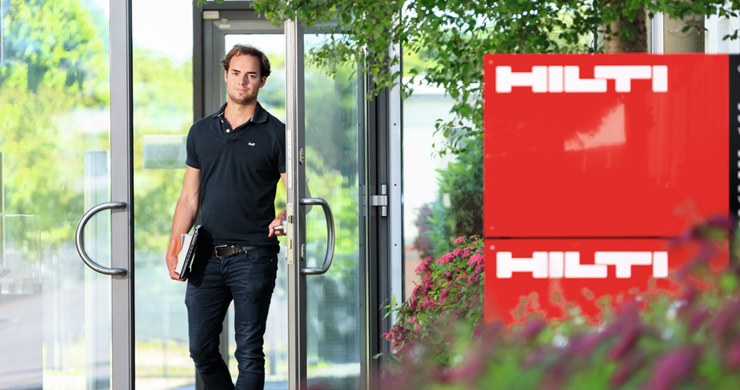
If you are selected for the position, the Talent Acquisition Business Partner will set up the offer call to go through the details.

We are committed to provide you with feedback after your interviews.
Go beyond the job description. Connect your skills and achievements to the tasks in the job description and think about examples from your past and current work that are relevant to the role.
Take some time to learn more about our company before you meet us. Visit our company page and learn more about our values & culture.
Prepare thoughtful questions. Having questions prepared at the end often shows that you have a greater interest in the role and want to learn more about us, it will also help you decide if this is the right position for you.
Practice your interviewing skills. While organizing your thoughts on paper is helpful, we recommend to practice verbally, which might help you feel more relaxed for the interview.
While we will assess your functional expertise, we will also ask you behavioral questions as we aim to gather real-life examples from your past experience to gain insight into your unique skills, values and personality traits. Structuring your answers following the CAR method technique, will help you to create structured, concise and engaging responses.
Here’s a more in depth look into the components of the CAR interview technique and valuable tips:
It’s helpful to learn to recognize behavioral questions when they come up during the interview by listening for phrases like, “Tell me about a time when,” or “How have you handled,” followed by the scenario that we want to know more about.

What motivated you to apply for this position?
What do you most enjoy doing in your current role?
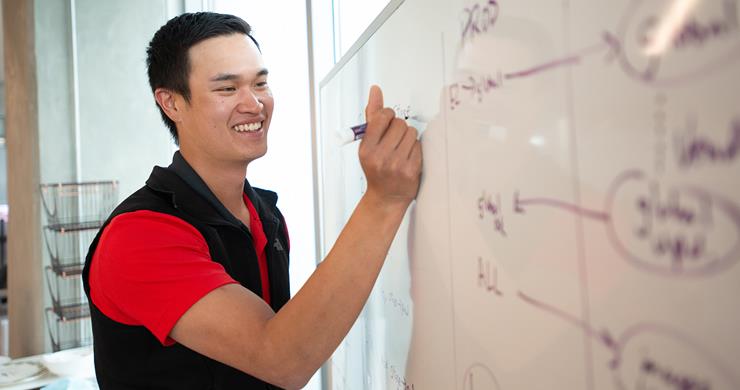
Give an example about a project that you lead and how you contributed to its success.
Describe a past failure that you made. What did you learn from it and how have you applied the learning?

What values are important to you and how do they guide you in your professional and personal life?
Tell about a time when you stood up for your values?

What career plan have you put in place for yourself in the short, mid, long term?
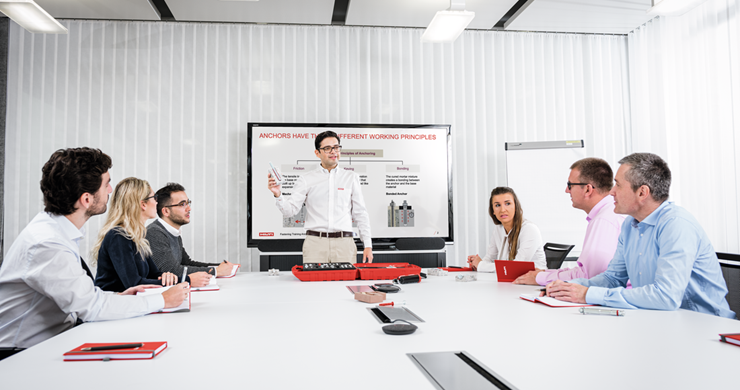
Can you give me an example of when you actively encouraged your team to work outside of its comfort zone? What methods did you use?
Describe a situation in which you translated a broad strategic directive from your company into an individual performance target.

We will communicate any necessary details in a timely manner, ensuring you have time to prepare and present your best self during the interview process.
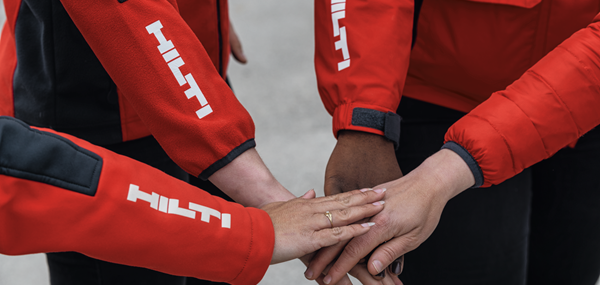
Be yourself during the interview process, showcase your genuine personality and strengths. Your unique qualities are what we are looking for.

This is your chance to demonstrate your genuine interest in Hilti. We commit to allocate time for your enquiries, so come prepared to engage and learn more about us.